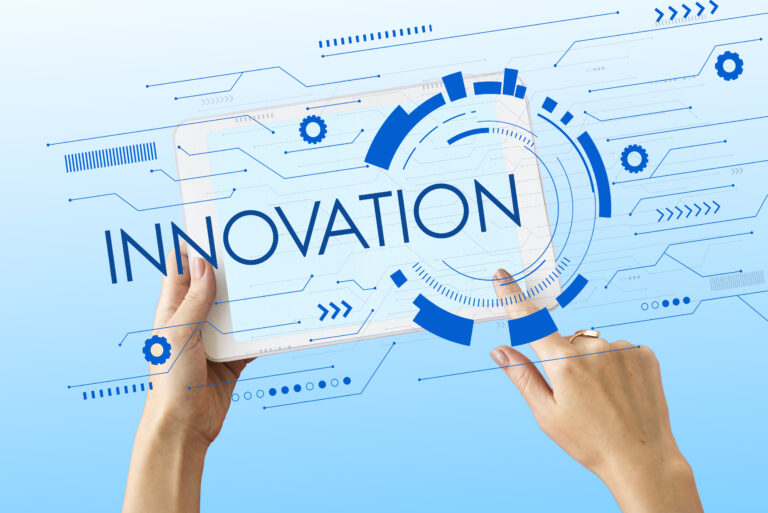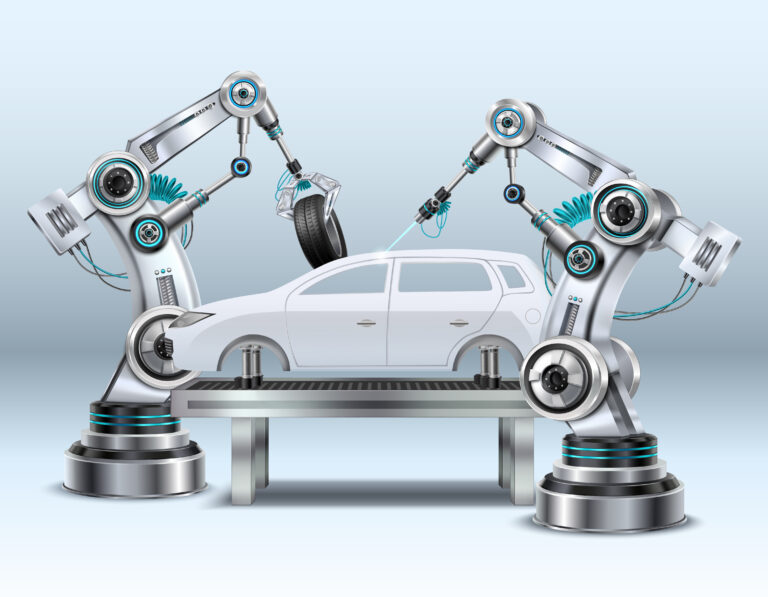The Role of Technology in Sustainable Agriculture
Sustainable agriculture is essential for feeding a growing global population while preserving our planet’s resources. Technology is playing a pivotal role in advancing sustainable agricultural practices, enhancing productivity, and minimizing environmental impact. Let’s explore how innovative technologies are transforming agriculture and promoting sustainability.
Precision Farming: Maximizing Efficiency
Precision farming leverages advanced technologies to optimize crop yields, reduce waste, and enhance resource management.
GPS and GIS Technologies
Global Positioning System (GPS) and Geographic Information System (GIS) technologies enable farmers to map their fields with high accuracy, monitor crop health, and manage soil properties. By using GPS-guided machinery, farmers can precisely plant seeds, apply fertilizers, and harvest crops, ensuring efficient use of resources and minimizing environmental impact.
Soil and Crop Sensors
Soil and crop sensors provide real-time data on soil moisture, nutrient levels, and plant health. These sensors help farmers make informed decisions about irrigation, fertilization, and pest control, leading to better crop management and reduced input costs. Companies like John Deere and Ag Leader offer sensor-based solutions that enhance precision farming practices.
Drones and Remote Sensing: Aerial Insights
Drones and remote sensing technologies offer aerial insights that help farmers monitor crop conditions, assess field variability, and detect issues early.
Aerial Imaging and Mapping
Drones equipped with high-resolution cameras and multispectral sensors capture detailed images of fields, revealing variations in crop health, soil conditions, and pest infestations. These aerial images help farmers identify problem areas, assess the effectiveness of treatments, and make data-driven decisions to improve crop performance.
Crop Monitoring and Disease Detection
Remote sensing technologies enable early detection of crop diseases, nutrient deficiencies, and water stress. By analyzing spectral data, farmers can identify affected areas and take corrective actions before problems escalate. This proactive approach reduces the need for chemical inputs, promotes healthier crops, and supports sustainable farming practices.
IoT and Smart Farming: Connected Agriculture
The Internet of Things (IoT) is revolutionizing agriculture by connecting devices, sensors, and machinery to create smart farming ecosystems.
Connected Devices and Automation
IoT-enabled devices, such as smart irrigation systems and automated tractors, enhance efficiency and reduce labor costs. These connected devices collect and transmit data, enabling remote monitoring and control of farming operations. Smart irrigation systems, for example, adjust water application based on real-time weather data and soil moisture levels, conserving water and optimizing crop growth.
Data-Driven Decision Making
IoT platforms aggregate data from various sources, providing farmers with comprehensive insights into their operations. By analyzing this data, farmers can make informed decisions about planting schedules, resource allocation, and crop management. Companies like Climate FieldView and FarmLogs offer IoT solutions that empower farmers with actionable insights for sustainable agriculture.
Biotechnology: Enhancing Crop Resilience
Biotechnology plays a crucial role in developing crops that are more resilient to environmental challenges and require fewer inputs.
Genetically Modified Organisms (GMOs)
Genetically modified crops are engineered to exhibit desirable traits, such as pest resistance, drought tolerance, and improved nutritional content. These traits reduce the need for chemical pesticides, enhance crop yields, and improve food security. Crops like Bt cotton and Golden Rice demonstrate the potential of GMOs to support sustainable agriculture and address global food challenges.
CRISPR and Gene Editing
CRISPR technology enables precise editing of plant genomes, allowing scientists to develop crops with enhanced traits more quickly and accurately. Gene-edited crops can be tailored to withstand changing climate conditions, resist diseases, and optimize nutrient use. This innovative approach accelerates the development of sustainable crop varieties and reduces the environmental footprint of agriculture.
Renewable Energy: Powering Sustainable Farms
Renewable energy sources are powering agricultural operations, reducing carbon emissions, and promoting energy independence.
Solar and Wind Power
Solar panels and wind turbines provide clean, renewable energy for farming operations, from powering irrigation systems to running machinery. These renewable energy sources reduce reliance on fossil fuels, lower operational costs, and decrease greenhouse gas emissions. Farms that adopt solar and wind power contribute to a more sustainable and resilient agricultural sector.
Bioenergy and Biomass
Bioenergy and biomass technologies convert agricultural waste, such as crop residues and animal manure, into renewable energy sources like biogas and biofuels. These technologies provide a sustainable way to manage waste, generate energy, and reduce greenhouse gas emissions. By integrating bioenergy solutions, farms can achieve greater sustainability and resource efficiency.
Sustainable Water Management: Conserving Resources
Effective water management technologies are essential for conserving water resources and ensuring sustainable agricultural practices.
Drip Irrigation Systems
Drip irrigation systems deliver water directly to the root zone of plants, minimizing evaporation and runoff. This precise water application reduces water usage, improves crop yields, and enhances soil health. Companies like Netafim and Toro offer advanced drip irrigation solutions that promote efficient water use and support sustainable farming.
Rainwater Harvesting
Rainwater harvesting systems capture and store rainwater for agricultural use, reducing dependence on groundwater and surface water sources. These systems provide a sustainable water supply for irrigation, livestock, and other farming needs. By adopting rainwater harvesting, farms can enhance water security and contribute to sustainable water management.
Conclusion
Technology is playing a transformative role in advancing sustainable agriculture by enhancing efficiency, resilience, and resource management. From precision farming and IoT connectivity to biotechnology and renewable energy, these innovations are paving the way for a more sustainable and productive agricultural sector. By embracing these technologies, farmers can achieve greater sustainability, reduce environmental impact, and ensure food security for future generations. The future of agriculture lies in the integration of advanced technologies that promote sustainable practices and support the health of our planet.






